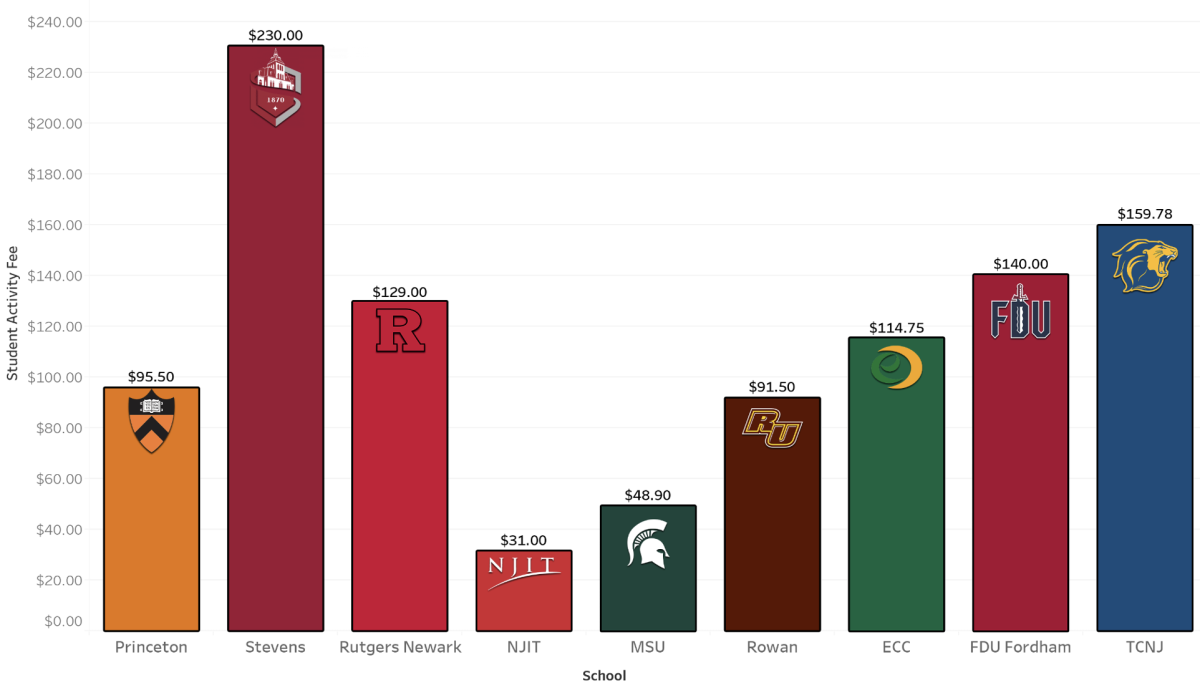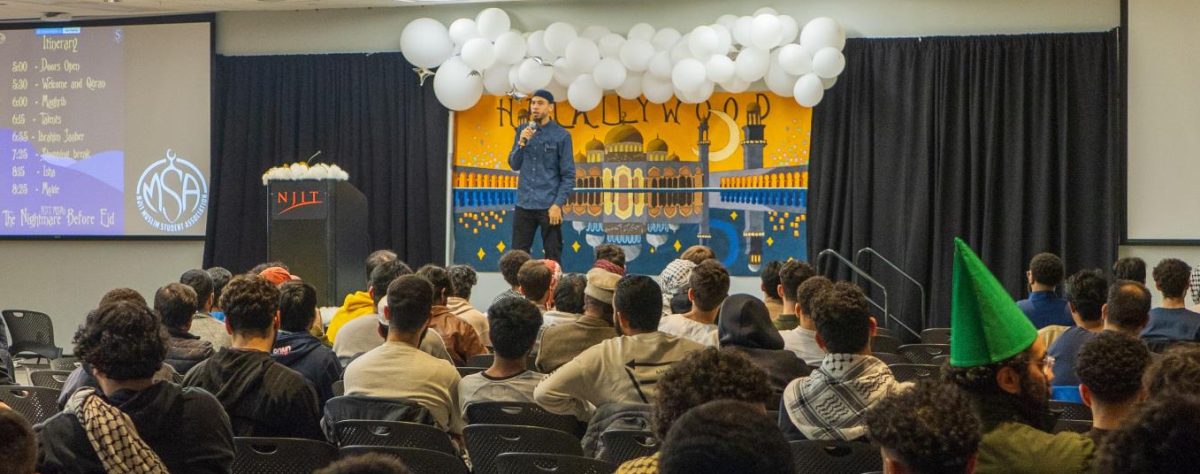As Tim Berners Lee says: “We need diversity of thought in the world to face new challenges”
“Diversity” is a modern value meaning that something possesses a variety of different elements and, especially in a human sense, is inclusive of and possesses a range of different types of people.
Workplace diversity can be interpreted in many different ways and by considering many different factors. Diversity in the work environment promotes acceptance and respect despite differences in age, gender, gender identity, sexual orientation, culture and race, native language, religion, skills, economical background, or even educational backgrounds among employees.
Currently, workplace diversity is becoming more of a necessity in the business world. It has been proven that workplace diversity fosters mutual respect among employees and plays a significant role in team success, since diversity allows employees to recognize the many strengths and benefits that each of them brings to the workplace.
According to the Center for American Progress, going forward, businesses should continue to promote diversity, as the workforce itself is becoming more diverse. They claim our economy and society both depend on such diversity.
One of the most important and often overlooked benefits of diversity in the workplace, especially in the management structure of a workplace, is that it enables companies to promote differing perspectives within organizational management and gain a broader vision of the available markets to which they can cater.
Without such diversity, companies are more likely to target only markets their narrow selection of managers are already familiar, as well as promote only old-fashioned methods of organizational management. Therefore, such diversity allows for a greater range of products and services, as well as a more comprehensive range of available target markets.
Moreover, a diverse workplace not only allows exposure to different cultures and backgrounds, but it allows employees with different work styles to interact and learn from one another’s strengths and weaknesses, therefore minimizing future mistakes and work issues.
On the flip side, lack of diversity in the work environment can have problematic consequences. If a workplace lacks enough representatives from a certain group, especially if there is only one representative from any type of minority group, that one employee can suffer from isolation, and won’t feel as comfortable as they would if there was more representation from that group.
Additionally, lack of diversity might lead to a loss of revenue. Since diversity promotes further interactions and brainstorming, a lack of diversity might prevent a manager or company from getting the maximum potential from employees. This could cause a loss of revenue and therefore salary, as an employer would not be making the most out their employees’ abilities and potentials.































